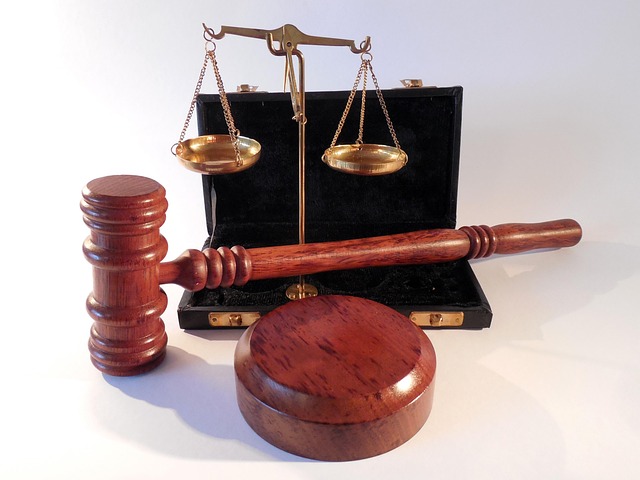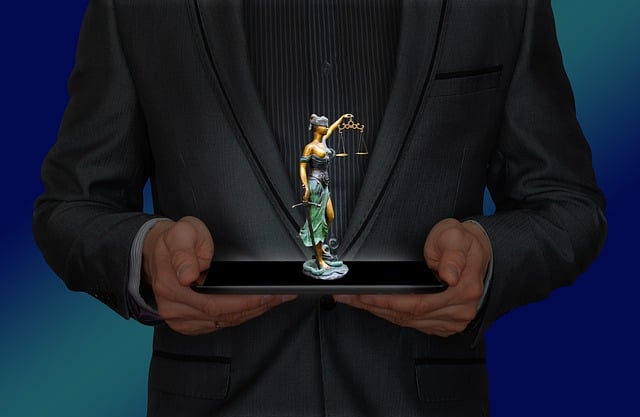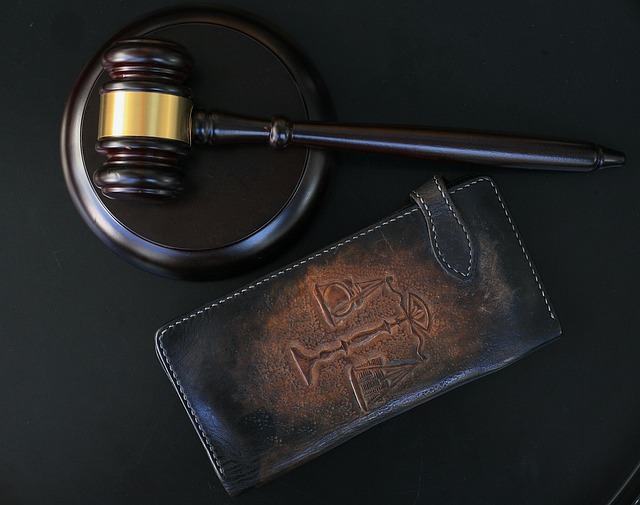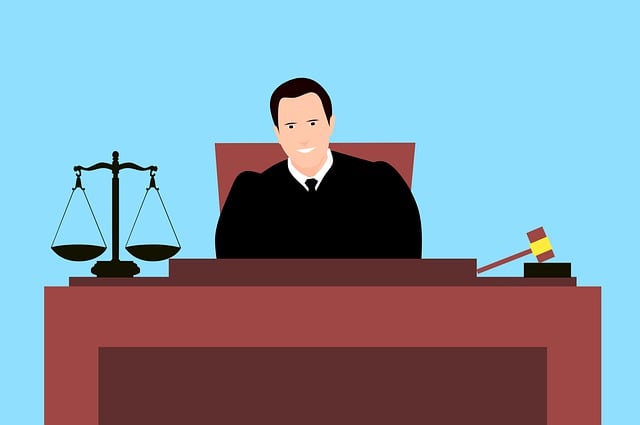Understanding different types of litigation is crucial for navigating complex legal issues. Civil suits and criminal proceedings have distinct nuances that impact outcomes, especially in securing defense verdicts. Prosecutorial misconduct and ethical violations, which can range from evidence fabrication to biased tactics, severely damage the justice system's integrity, erode public trust, and lead to wrongful convictions. These issues pose a critical challenge, requiring robust accountability measures, rigorous oversight, transparent reporting, and effective complaint mechanisms. Addressing these violations is essential for ensuring fairness, transparency, and restoring public faith in the legal system, benefiting both individuals and society at large.
Litigation, a cornerstone of our legal system, encompasses diverse types with profound implications. This article delves into the intricate world of litigation, exploring its various forms from an overview of understanding different types to the critical issues of prosecutorial misconduct and ethical violations in legal practice. We analyze the impact of improper litigation methods and propose preventative measures for ensuring fair legal proceedings, highlighting the importance of integrity within the legal system.
- Understanding Different Types of Litigation: An Overview
- Prosecutorial Misconduct: When the Legal System Fails
- Ethical Violations in Legal Practice: A Deep Dive
- The Impact and Consequences of Improper Litigation Methods
- Preventive Measures and Reforms for Fair Legal Proceedings
Understanding Different Types of Litigation: An Overview
Understanding different types of litigation is crucial for navigating complex legal landscapes. Litigation encompasses various procedures designed to resolve disputes through courts, each with its own nuances and strategies. From civil suits to criminal proceedings, the specifics can greatly impact outcomes, especially when considering winning challenging defense verdicts. In civil litigation, parties dispute rights, responsibilities, or claims for damages, while criminal cases involve accusations of breaking the law, often leading to penalties or imprisonment.
Within these broad categories, specific types include white collar and economic crimes, which require meticulous investigation and enforcement at all stages of the process. Prosecutorial misconduct and ethical violations are also critical considerations that can significantly affect litigation outcomes. These issues arise when legal professionals fail to uphold their ethical standards, potentially undermining fairness and integrity in the judicial system. Recognizing and addressing these complexities is essential for ensuring justice and achieving successful, ethical defense strategies.
Prosecutorial Misconduct: When the Legal System Fails
Prosecutorial misconduct represents a significant failure within the legal system, where prosecutors, tasked with upholding justice, instead violate ethical standards and legal norms. This can occur at any stage of the investigative and enforcement process, from initial charging decisions to trial tactics. When prosecutors engage in unethical behavior, such as withholding exculpatory evidence or making false statements, it undermines the integrity of the entire judicial process.
The impact is profound, affecting both corporate and individual clients. Jury trials, a cornerstone of our justice system, can be swayed by prosecutorial misconduct, potentially leading to wrongful convictions. Ensuring accountability for these ethical violations is crucial, as it helps restore public trust in the legal system. This involves rigorous oversight, transparent reporting, and robust mechanisms for addressing complaints, ultimately fostering fairness and justice for all.
Ethical Violations in Legal Practice: A Deep Dive
Ethical Violations in Legal Practice, particularly Prosecutorial Misconduct, have become a focal point in recent times, especially in high-stakes cases. This phenomenon encompasses a range of unethical behaviors that undermine the integrity of the legal system, from fabricating evidence to using persuasive tactics that influence judges or juries unfairly. These violations can occur at any stage of legal proceedings, from the initial investigative phase to the enforcement and appeal stages, creating an unprecedented track record of mistrust among clients and the public.
The impact of such misconduct is profound, eroding public confidence in the justice system. It’s not just about financial compensation; it’s about restoring faith in a process that should be founded on fairness and impartiality. Understanding these violations is crucial for both legal professionals and the general public to ensure that all stages of the investigative and enforcement process are conducted with the utmost integrity and transparency.
The Impact and Consequences of Improper Litigation Methods
The consequences of improper litigation methods can be severe, impacting not only the integrity of the legal system but also the lives and futures of those involved. When prosecutors engage in misconduct or ethical violations, it undermines the fairness and justice that should underpin any legal process. This can lead to a multitude of negative outcomes for both the accused and the broader community. For instance, false accusations or overcharging can result in prolonged detention, damaged reputations, and unnecessary stress for individuals who may be entirely innocent.
In high-stakes cases, where the stakes are high and lives are on the line, such misconduct is particularly damaging. It could lead to a complete dismissal of all charges, but it also has broader implications. The public’s trust in law enforcement and the legal system erodes, undermining the rule of law itself. This is especially problematic in general criminal defense cases where the balance between punishment and rehabilitation should be carefully considered. Ethical violations disrupt this delicate equilibrium, potentially leading to harsher sentences without a corresponding increase in justice or safety for society.
Preventive Measures and Reforms for Fair Legal Proceedings
Ensuring fair legal proceedings is a multifaceted challenge that requires proactive measures to prevent abuses. One significant aspect is addressing prosecutorial misconduct and ethical violations, which can undermine the integrity of the justice system. Implementing robust oversight mechanisms, such as independent prosecutors and enhanced transparency, helps hold accountable those who engage in unethical practices. Moreover, promoting public awareness campaigns can educate both victims and accused individuals on their rights, fostering a culture of accountability.
Reforms aimed at strengthening due process and access to justice are equally vital. This includes initiatives that enhance the representation of underserved populations within the legal system. By encouraging pro bono services and supporting organizations dedicated to providing legal aid, we can ensure that all citizens have an equal opportunity to navigate and resolve legal disputes. These measures not only achieve extraordinary results in individual cases but also strengthen the overall resilience of the legal system, benefiting both the philanthropic and political communities.
In navigating the complex landscape of litigation, it’s imperative to recognize that both prosecutorial misconduct and ethical violations can undermine the integrity of the legal system. By understanding these issues and implementing preventive measures, we can foster fair and just legal proceedings. Ensuring transparency, accountability, and adherence to ethical standards are crucial steps towards revolutionizing litigation practices, ultimately safeguarding the rights of all involved parties.






